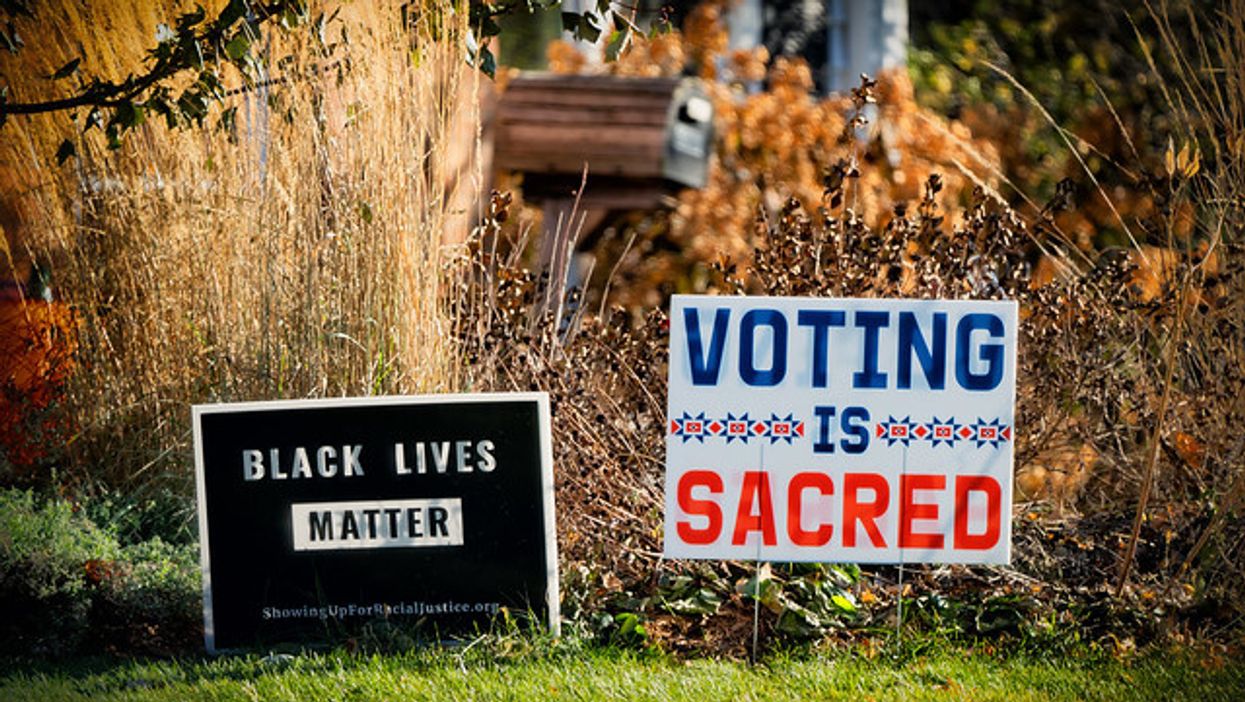Why I'm Not Commenting Every Time Trump And His Stooges Troll Us
Donald Trump sure has been spending a lot of time trolling the libs and throwing red meat to his base. That's what most of the executive orders were about, that's what his appointment of Elon Musk as Capo de Tutti Capo Destructamundo amounted to, and that's what nearly every one of his cabinet appointments were.
Now he's engaged in rolling out a daily menu of outrages guaranteed to get under the skin of Democrats and liberals. Yesterday he appointed Walt Nauta to the Board of Visitors of the Naval Academy, essentially the group of officials who meet quarterly to oversee the Academy. Nauta is Trump’s former body man whose main job during his last term was to respond with a Diet Coke every time Trump pressed the special red button on his desk.
You will also remember Nauta as one of those indicted along with Trump in the classified documents case for having hidden a stash of Trump's secrets from lawyers for the DOJ when they showed up at Mar a Lago to seize stolen documents from him. Nauta served in the Navy for 20 years as a steward’s mate, essentially a servant on a naval vessel for the ship's officers. Trump also appointed to the Board of Visitors Sean Spicer, his former and very short-lived press spokesman who went on to an equally short-lived television career on Dancing with the Stars.
These are of course not serious appointments, although I guess a case could be made for a former enlisted man to be appointed to oversee the Naval Academy, since most of those who have served in that position have been corporate presidents or other so-called “distinguished” Americans from positions of wealth and privilege. The same sort of backhanded logic would apply to Spicer whose time as White House spokesman was marred by lies he regularly told on orders from Trump. Why shouldn't the world's top liar have one of his sub-liars represent him on one of the Academy’s Boards of Visitors?
It was also announced that Trump has appointed Laura Ingraham, the Fox News host, to the board of the Kennedy Center, along with the anchor of one of the shows on Fox Business, Maria Bartiromo, who happened to interview Trump on a show that ran this morning. Outrage among the major domos of the D.C. art scene was immediate and predictable. But again, why shouldn't Trump be able to appoint whoever he wants to the Kennedy Center, even if they are people whose taste we might consider questionable or nonexistent? The jokes flew online today about who might now receive Kennedy Center honors. Billy Joel and Joan Baez and Philip Glass have had their turns. Shouldn’t rank mediocrity be celebrated along with greatness? Why not Kid Rock and Ted Nugent and Jeff Foxworthy?
There's nothing but upside for Trump trolling us every chance he gets. His base loves it, we hate it, and there's no good way for us to complain about it without looking like elitist snobs, which is exactly the way he wants us to look. So, I'm going to try not to rise to the bait of his trolling, although I'm sure there will be times when I can't resist. The truly bad stuff he's doing to Ukraine, to the NIH and the CDC and USAID is already costing lives, and that's where our attention and efforts should be. He's a master at distraction, but it won't work if we refuse to pay attention.
So, I'm not going to comment on this shit from Trump. Mostly anyway.
Lucian K. Truscott IV, a graduate of West Point, has had a 50-year career as a journalist, novelist, and screenwriter. He has covered Watergate, the Stonewall riots, and wars in Lebanon, Iraq, and Afghanistan. He is also the author of five bestselling novels. He writes every day at luciantruscott.substack.com and you can follow him on Bluesky @lktiv.bsky.social and on Facebook at Lucian K. Truscott IV. Please consider subscribing to his Substack.
Reprinted with permission from Lucian Truscott Newsletter.












Trump Cabinet Nominee Withdraws Over (Sane) January 6 Comments